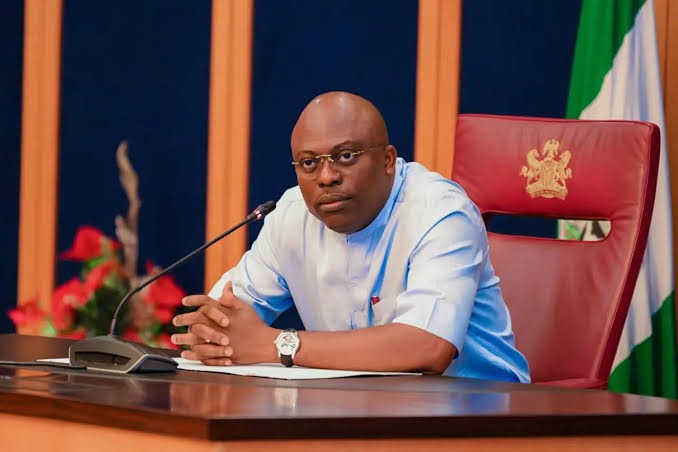The Nigerian government has confirmed the suspension of the October Federation Account Allocation Committee (FAAC) revenue payment to Rivers State. This decision follows an ongoing legal and political tussle involving Governor Simi Fubara and the Minister of the Federal Capital Territory, Nyesom Wike.
Decision Based on Court Order
The Spokesperson for the Office of the Accountant General of the Federation (OAGF), Bawa Mokwa, stated that the suspension was in compliance with a court order. The order prohibits the Central Bank of Nigeria (CBN) and the federal government from disbursing monthly allocations to the Rivers State government.

Mokwa explained:
“What I got is that the October 2024 FAAC has not been distributed yet. However, the Federal Government will obey the court order on the matter of Rivers State allocation. We are going to follow due diligence as long as there is no contrary order. In case there is a contrary, the status will remain.”
Ongoing Legal Dispute
The court order stems from a case filed by a faction of the Rivers State Assembly, led by Martin Amaewhule. This group alleged that Governor Fubara’s administration failed to comply with a Federal High Court ruling directing the re-presentation of the 2024 appropriation bill to their faction of the Assembly.
The dispute highlights deepening political divisions within the state’s leadership, particularly as tensions between Governor Fubara and Wike, a former Rivers State governor, continue to escalate.
What This Means for Rivers State
With the suspension of the FAAC payment, Rivers State faces potential financial challenges, as monthly allocations are a crucial revenue source for state operations and developmental projects. The prolonged conflict between the state’s factions may further delay resolution and impact governance.
Bottom Line
The federal government’s adherence to the court order reflects its commitment to due process, but the situation underscores the broader political crisis in Rivers State. Resolving this impasse will be critical to ensuring the state’s financial stability and maintaining trust in its leadership.

















